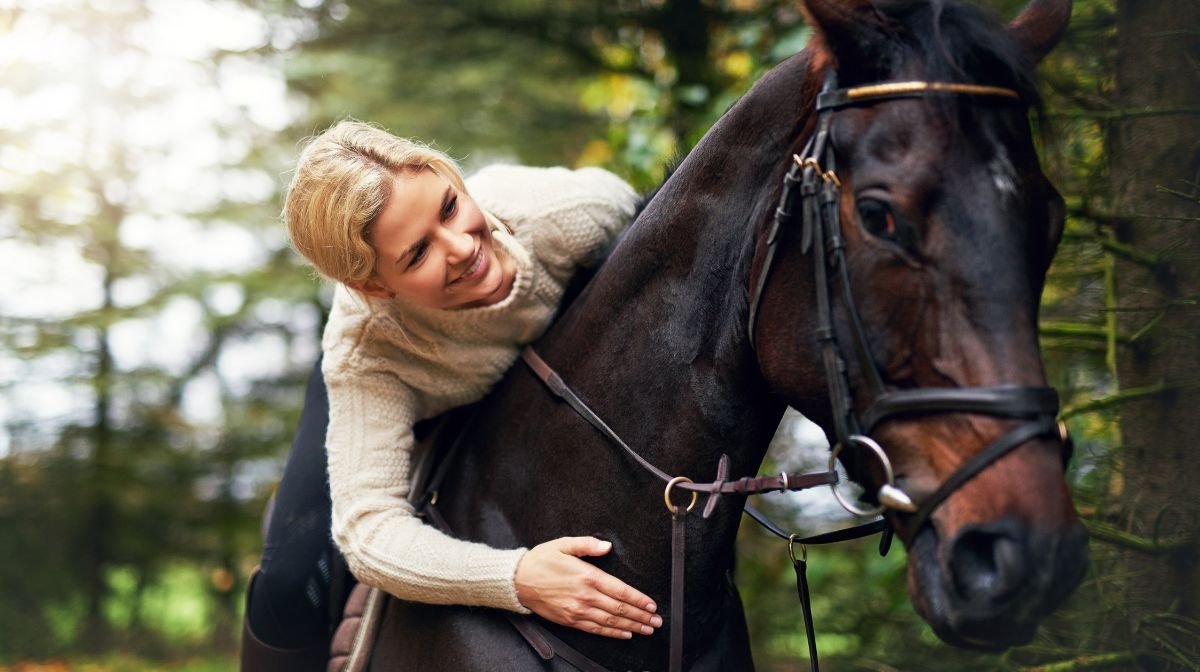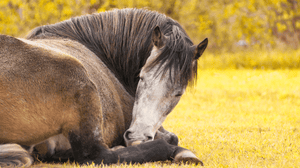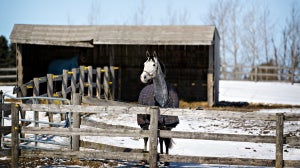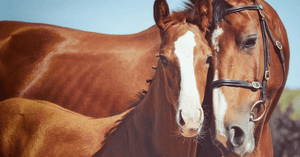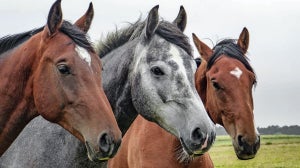
|
The reality of horse ownership is understandably complex, coming with a significant financial and personal commitment, but can be very fulfilling. In our comprehensive guide, we explore how much it costs to own a horse in the UK and the various costs that come with it. This will hopefully help you to make an informed decision about your horse or pony’s welfare, how you can save, and also foresee any costs that you might not have expected. Initial PurchaseThe cost of horse ownership in the UK begins with the purchase of the horse itself. Horses come in a wide range of prices, depending on factors such as their breed, age, training they’ve received and what they’re intended to be used for. In the UK, the initial purchase of a horse can range from £1,000 for a young or untrained horse, to £15,000 and far beyond for a well-bred, well-trained horse with potential for competing in events and competitions. These are some of the main factors that determine the cost of purchasing a horse: Breeding and PedigreePurebred horses from well-known bloodlines tend to be more expensive due to their pedigree and potential for various equestrian disciplines. AgeYoung, untrained horses are generally cheaper than those with experience. However, training costs can add up significantly. TrainingThe cost of professional training can range from a few hundred to several thousand pounds, depending on the duration and type of training required. PurposeHorses used for leisure riding may be less expensive than those trained for competition or specific disciplines like dressage or show jumping. Health and Veterinary CheckIt's essential to have a veterinarian perform a thorough health check before purchasing a horse to ensure there are no underlying health issues. How Much Does a Horse Cost Per Month: Ongoing CostsOwning a horse is not a one-time expense; it involves a range of ongoing costs that can quickly add up on a monthly basis. Here are the key ongoing expenses you need to consider: Where you keep your horse obviously plays a significant role in your expenses. There are two main options for your horse or pony’s accommodation:
FeedingHorses have specific dietary needs, and the cost of feed depends on your horse's size, activity level, and dietary requirements. On average, you can expect to spend around £50 to £100 per month on horse feed. This includes hay or haylage, feeds, and horse-specific supplements like horse gut balancers. Veterinary CareRegular veterinary care is essential to keep your horse healthy. Expenses related to veterinary care include vaccinations, dental care, worming, and emergency treatments. Ideally, you should budget around £50 to £100 per month for routine veterinary care. However, unexpected medical expenses may vary your average cost per month for horse care. Farrier ServicesHorses require regular hoof care by a professional. Hoof trimming and shoeing are necessary to prevent lameness and other hoof-related issues. The cost of farrier services can range from £30 to £100 every 6-8 weeks. Tack and EquipmentInvesting in tack and equipment can be another significant expense. This includes tack such as a saddle and a bridle, but also halters/headcollars, rugs, fly masks, boots, and grooming supplies. InsuranceHorse insurance is highly recommended to cover unexpected medical expenses or liability in case your horse causes an accident. The cost of insurance can vary widely based on coverage and the value of your horse, but a rough estimate is £200 to £500 per year. Training and LessonsIf you and your horse require training, lessons, or coaching, you'll need to budget for these ongoing expenses. Prices can range from £20 to £60 per lesson, and regular training can significantly improve your riding and your horse's performance. Competition and TravelIf you plan to compete with your horse, there are additional costs, including entry fees, transportation, and accommodation. The cost of competing can vary widely depending on the level of competition and the distance you need to travel with your horse. Miscellaneous ExpensesHorses can be unpredictable, and there are always unexpected expenses, such as repairs to fencing or shelter, additional bedding, or other miscellaneous costs. It's a good idea to budget a small amount each month for these unforeseen expenses. Annual Cost BreakdownTo get a clearer picture of the annual cost of horse ownership in the UK, let's break down the estimated costs:
This totals an estimated annual cost of £5,800 to £14,820 for horse ownership in the UK. Keep in mind that these are approximate figures and can vary greatly based on individual circumstances, location, and the specific needs of your horse. Cost-Saving TipsOwning a horse is undeniably expensive, but there are ways to manage costs and make horse ownership more affordable: 1. Shared Costs Consider sharing the expenses of horse ownership with a friend or family member. Co-ownership can help split costs and responsibilities. 2. DIY Care If you have the skills and facilities, opt for DIY livery to save on costs. 3. Bulk Buying Purchase horse feed and supplies in bulk to take advantage of discounts and savings. 4. Regular Maintenance Invest in preventive care to avoid expensive veterinary bills down the line. 5. Shop Secondhand Look for used tack and equipment, as well as horse clothing, to save on initial setup costs. 6. Budgeting Create a detailed budget to track your expenses and identify areas where you can cut costs. ConclusionOwning a horse in the UK can be a very rewarding experience, but it comes with a substantial financial commitment. From the initial purchase price to ongoing expenses for boarding, feeding, healthcare, and more, the cost of horse ownership can quickly add up. It's essential to budget carefully, plan for unforeseen expenses, and look into cost-saving options to ensure that your horse or pony receives the care and attention they deserve! |

